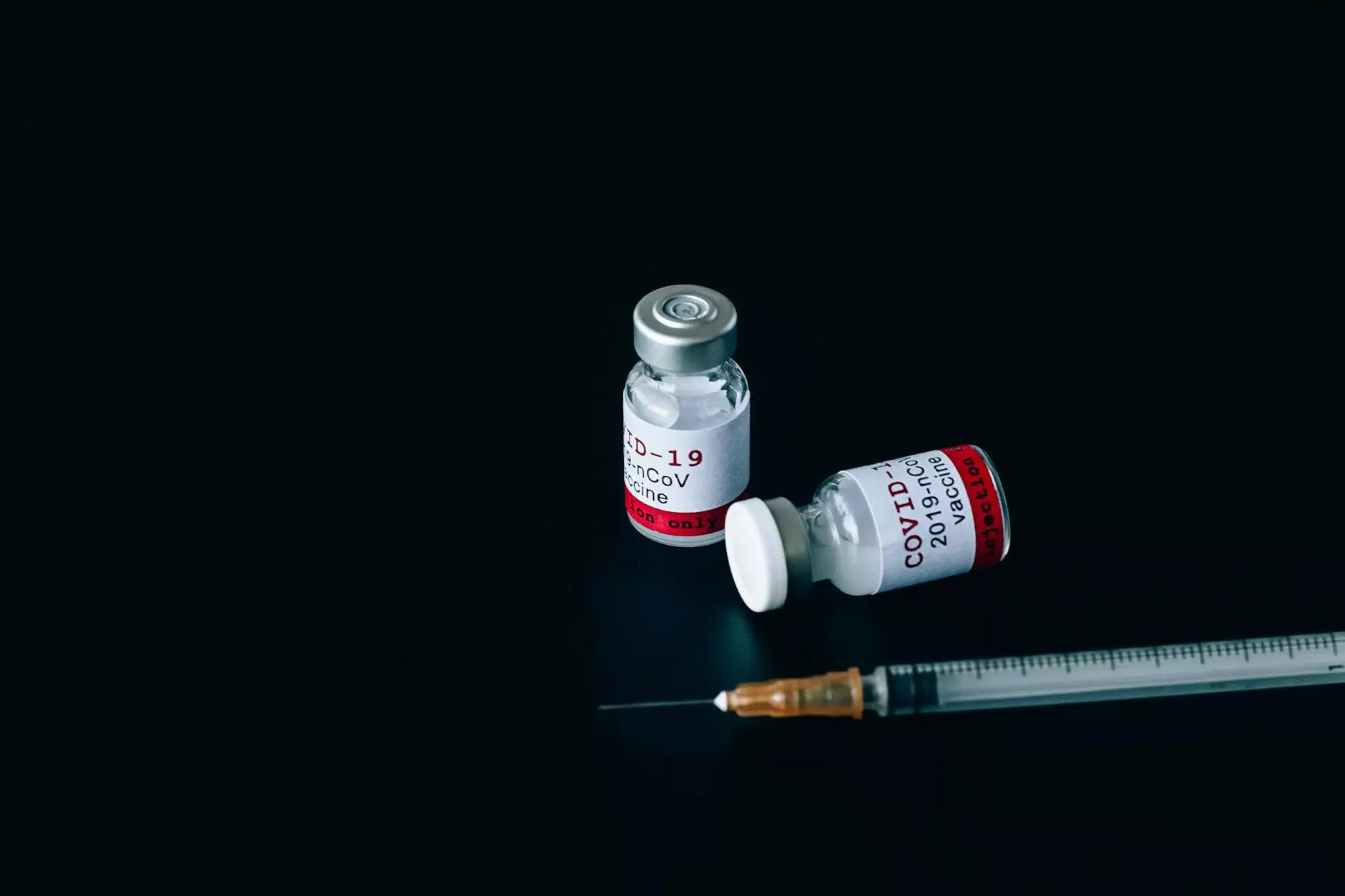Is TRT Safe?
Cardiology
Welcome to CHI St. Luke's Health - Performance Medicine, your trusted source of comprehensive health information in the field of TRT (Testosterone Replacement Therapy).
Introduction to Testosterone Replacement Therapy
Testosterone Replacement Therapy, commonly referred to as TRT, is a medical treatment aimed at increasing testosterone levels in individuals experiencing low testosterone symptoms. It involves the administration of testosterone through different methods, such as injections, gels, patches, or pellets.
Many individuals who have had a heart attack in the past may wonder if TRT is a safe option for them. It is essential to consult with healthcare professionals specialized in TRT to assess individual risks and determine the appropriateness of TRT in such cases.
Understanding the Safety of TRT for Those with a History of Heart Attack
When considering TRT for individuals with a history of heart attack, it is crucial to evaluate the potential risks and benefits thoroughly. While there is ongoing research in this field, current evidence suggests that TRT may have varying effects on cardiovascular health depending on individual characteristics and underlying conditions.
1. Consultation with a Qualified Healthcare Provider
Prior to initiating TRT, it is essential to have a comprehensive evaluation of your medical history, including the specifics of your previous heart attack. A qualified healthcare provider, well-versed in TRT, will assess your overall health, cardiac function, and potential risks associated with TRT.
2. Individualized Approach
Each case is unique, and TRT treatment plans should be tailored to the specific needs and health status of each individual. Factors such as age, severity of heart disease, hormonal balance, and overall health must be taken into account to minimize potential risks.
3. Monitoring and Regular Follow-ups
Once on TRT, regular monitoring by a healthcare professional is crucial. This allows for close observation of any changes in cardiovascular markers and ensures that appropriate adjustments can be made to the treatment plan, if necessary.
Evidence and Research on TRT Safety
Several studies have investigated the safety of TRT, especially in individuals with a history of heart disease. While more research is needed to establish definitive conclusions, current evidence suggests that TRT, when appropriately administered and monitored, may not significantly increase the risk of adverse cardiovascular events in this population.
One study published in the Journal of the American Medical Association (JAMA) analyzed data from over 83,000 men with low testosterone levels. The study found no significant increase in cardiovascular risks, including heart attacks, in men undergoing TRT.
Another study published in the European Heart Journal demonstrated that TRT may even have cardiovascular benefits for certain individuals, such as improved exercise capacity and reduced risk of heart failure.
Conclusion
While the safety of TRT for individuals with a history of heart attack should be assessed on a case-by-case basis, current evidence suggests that TRT, when appropriately prescribed and monitored by qualified healthcare providers, may be a viable option for improving testosterone levels without substantial risks to cardiovascular health.
At CHI St. Luke's Health - Performance Medicine, we prioritize patient safety and evidence-based practices. We encourage you to reach out to our expert medical team for an in-depth evaluation and personalized guidance regarding TRT safety. Don't let past cardiac events hinder your pursuit of optimal health.
Disclaimer: The information provided in this article is for educational purposes only and should not substitute professional medical advice. Consult with a qualified healthcare provider for personalized recommendations based on your individual health situation.




